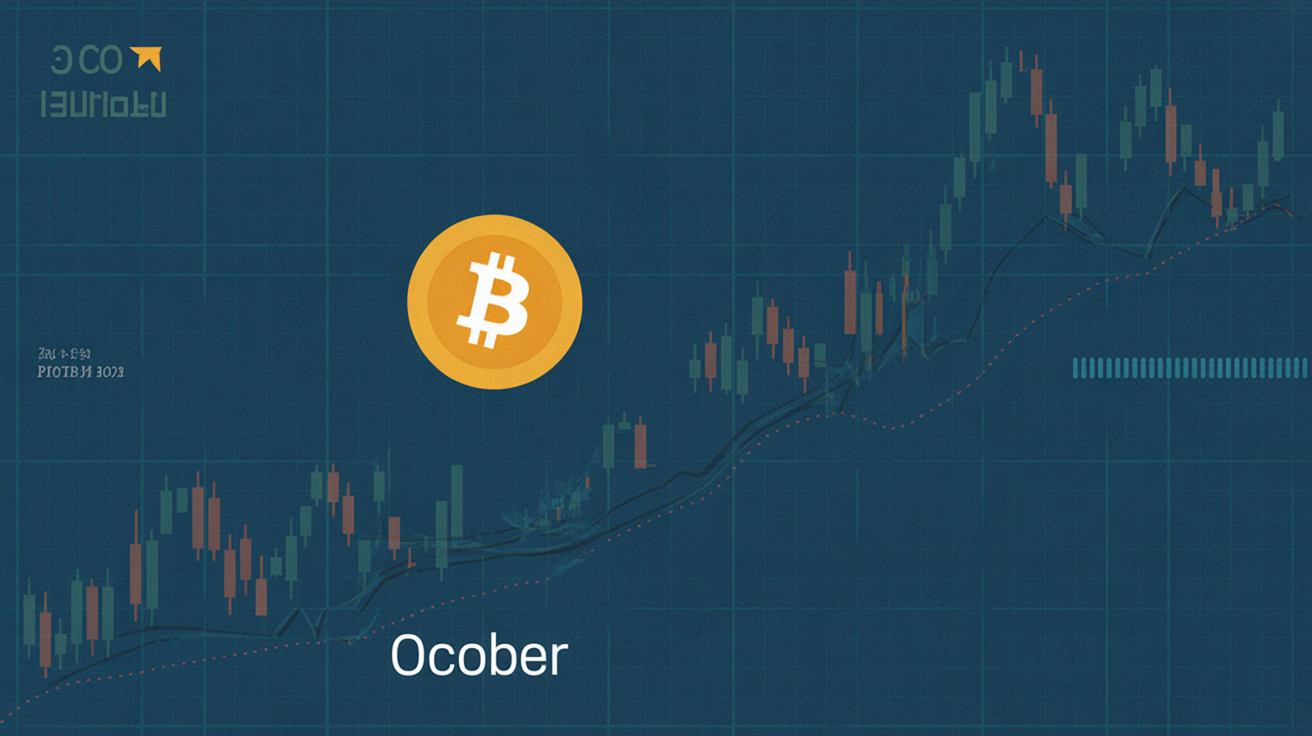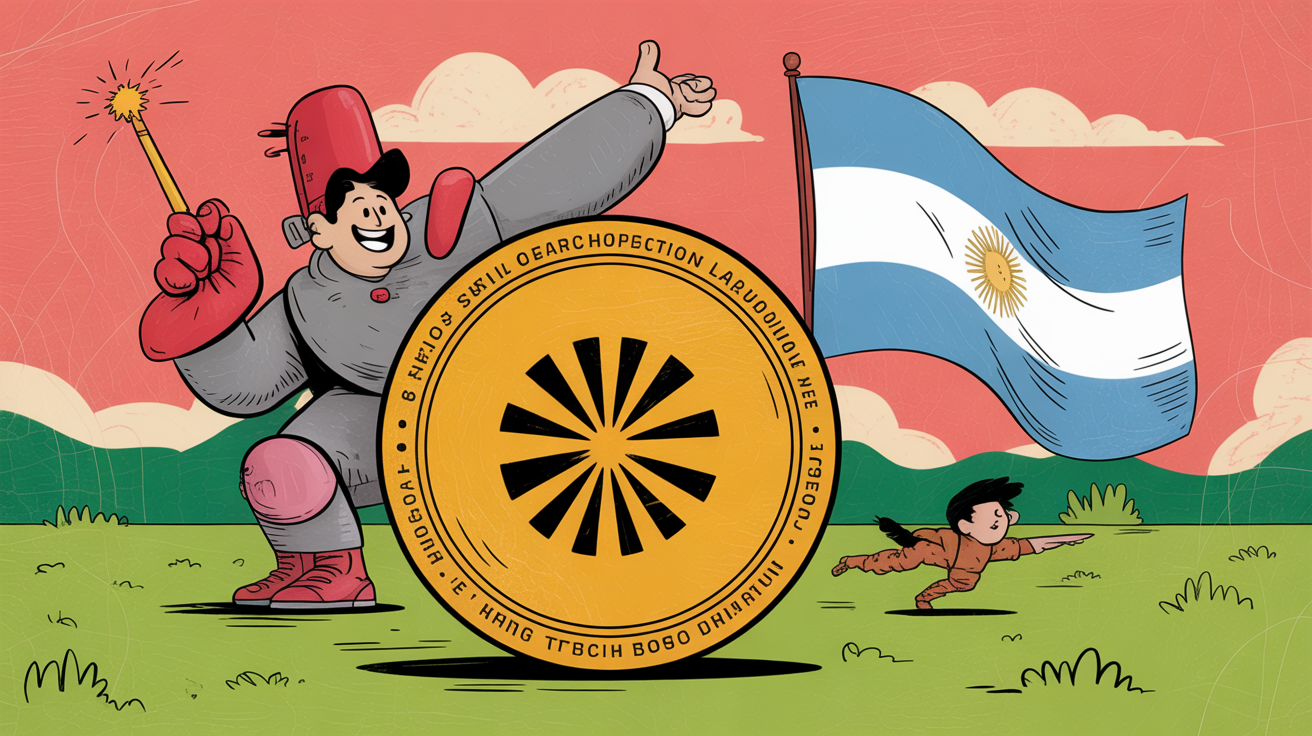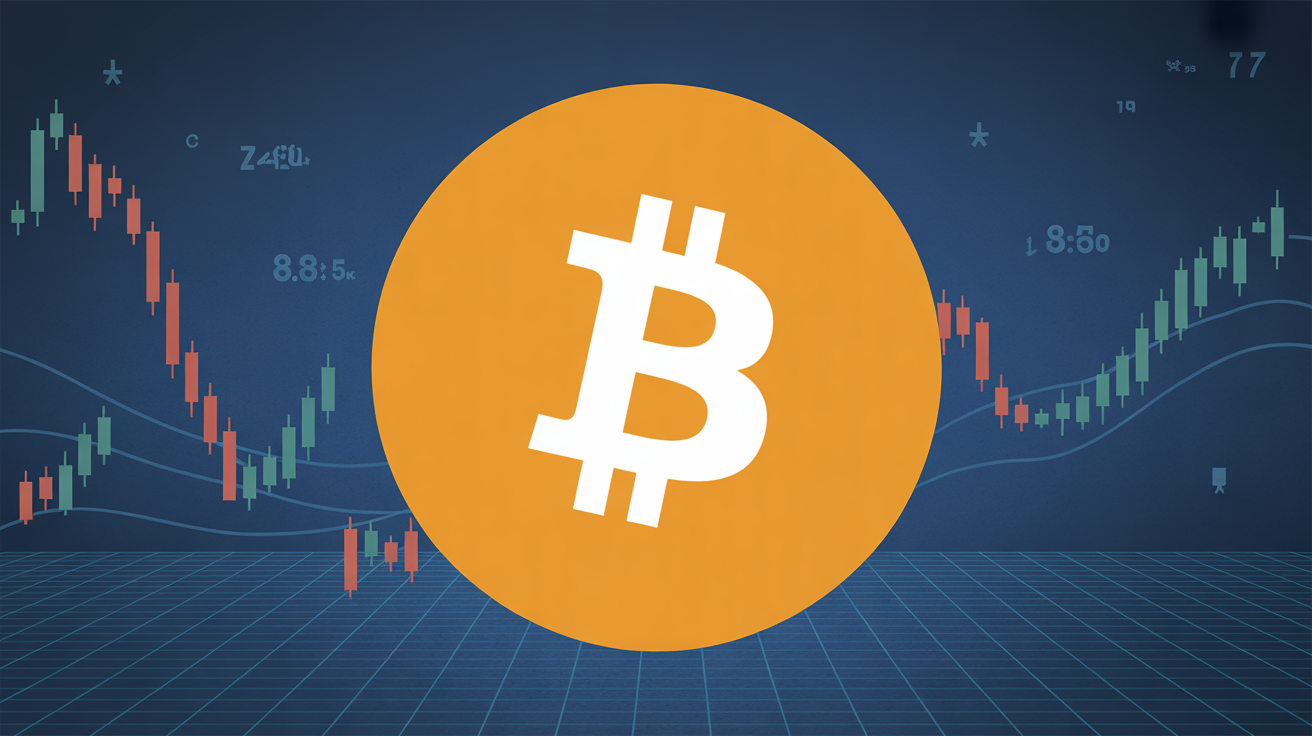Bitcoin Mining Difficulty Set to Climb Over 4% to Record 126.95T as Hashrate Nears All-Time High
Bitcoin’s mining difficulty is expected to rise more than 4% to a new all-time high of approximately 126.95 trillion (T), signaling growing miner participation and enhanced network security, despite persistently low transaction fees.
The upcoming difficulty adjustment is anticipated to finalize within the next 100 blocks, surpassing the current record of 123T. At the beginning of this year, the difficulty stood at 109T, according to Coinwarz data.
This increase reflects strong long-term confidence in Bitcoin’s value, even though on-chain transaction activity and fees remain muted.
Mining difficulty is recalibrated every 2,016 blocks based on the total computational power—or hashrate—dedicated to securing the network. The network’s seven-day average hashrate recently climbed to 918 exahashes per second (EH/s), up from 840 EH/s two weeks ago. With previous peaks hitting 925 EH/s, any further gains would set a new record for mining power.
Interestingly, despite this surge in mining activity, Bitcoin transaction fees remain very low. Currently, a high-priority transaction costs about 2 satoshis per virtual byte (sat/vB), roughly $0.30. Miners prioritize transactions with higher fees, so paying more generally results in faster confirmations.
These trends suggest a divergence in the Bitcoin ecosystem: while transaction demand is subdued, infrastructure and mining capacity continue to grow, reinforcing the network’s robustness even amid low fee activity.




























